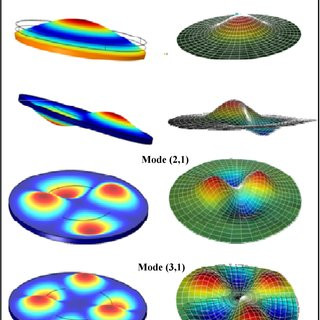Rev.14
and they sang a new song/sing/ring/golden band/re/turn/back again
ode/ad/a
Sing, Singing:/when does a bird sing/coming of the light/Rooster/Roost/Perch/Pole/ elevated position,
is used always of "praise to God,"
is/be
al/ways
be/troth/al
tau/sign/mark/Taurus/Tau/R/US
18/R/resonant (adj.)1590s, of sound, "re-echoing,"/Ringing
US/We (the people)
E/ex/enough/is/enough
adequate (adj.)/equal/level UP/As a preposition, "to a higher place"
Sign of Jonah /in the deep/dove (v.)
sometime past tense of dive
Turtle/"turtledove," a reduplicated form imitative of the bird's coo. Graceful, harmonious and affectionate to its mate, hence a term of endearment in Middle English. Turtle-dove is attested from c. 1300.
Coo/1660s, "to utter a low, plaintive, murmuring sound," echoic of doves./"to utter by cooing" is from 1798. Meaning "to converse affectionately, make love in murmuring endearments"
twi/light
https://www.youtube.com/watch?v=9EulA5VXNbs&ab_channel=SuperColie
Bi-Ble
Twi/twin/duel/duality
Bi/two by two
Ble/blend (v.)
c. 1300, blenden, "to mix in such a way as to become inextinguishable, mingle, stir up a liquid," in northern writers, from or akin to rare Old English blandan "to mix" (Mercian blondan) or Old Norse blanda "to mix," or a combination of the two; from Proto-Germanic *blandan "to mix," which comes via a notion of "to make cloudy" from an extended Germanic form of the PIE root *bhel- (1) "to shine, flash, burn."
2Ti 2:15
Study to shew thyself approved unto God, a workman that needeth not to be ashamed, rightly dividing the word of truth.
Di/verse
di- (1)
word-forming element of Greek origin meaning "two, double, twice, twofold," from Greek di-, shortened form of dis "twice," which is related to duo "two" and cognate with bi-, from PIE root *dwo- "two." In chemistry it indicates a compound containing two units of the element or radical to which it is prefixed.
verse (n.)
late Old English (replacing Old English fers, an early West Germanic borrowing directly from Latin), "line or section of a psalm or canticle," later "line of poetry" (late 14c.), from Anglo-French and Old French vers "line of verse; rhyme, song," from Latin versus "a line, row, line of verse, line of writing," from PIE root *wer- (2) "to turn, bend." The metaphor is of plowing, of "turning" from one line to another (vertere = "to turn") as a plowman does.
The English New Testament first was divided fully into verses in the Geneva version (1550s). Meaning "metrical composition" is recorded from c. 1300; as the non-repeating part of a modern song
dove (v.)sometime past tense of dive (v.).c. 1200, diven, "descend or pl
punge headfirst into water," from a merger of Old English dufan "to dive, duck, sink" (intransitive, class II strong verb; past tense deaf, past participle dofen) and dyfan "to dip, submerge" (weak, transitive), from Proto-Germanic verb *dubijan, from PIE *dheub- "deep, hollow" (see deep (adj.)).
Diverse/Divide/Dive/Divers
Est 3:8
And Haman said unto king Ahasuerus, There is a certain people scattered abroad and dispersed among the people in all the provinces of thy kingdom; and their laws are diverse from all people; neither keep they the king's laws: therefore it is not for the king's profit to suffer them.
diverse /H8138 shânâh, shaw-naw'; a primitive root; to fold, i.e. duplicate (literally or figuratively); by implication, to transmute (transitive or intransitive):—do (speak, strike) again, alter, double, (be given to) change, disguise, (be) diverse, pervert, prefer, repeat, return, do the second time.


